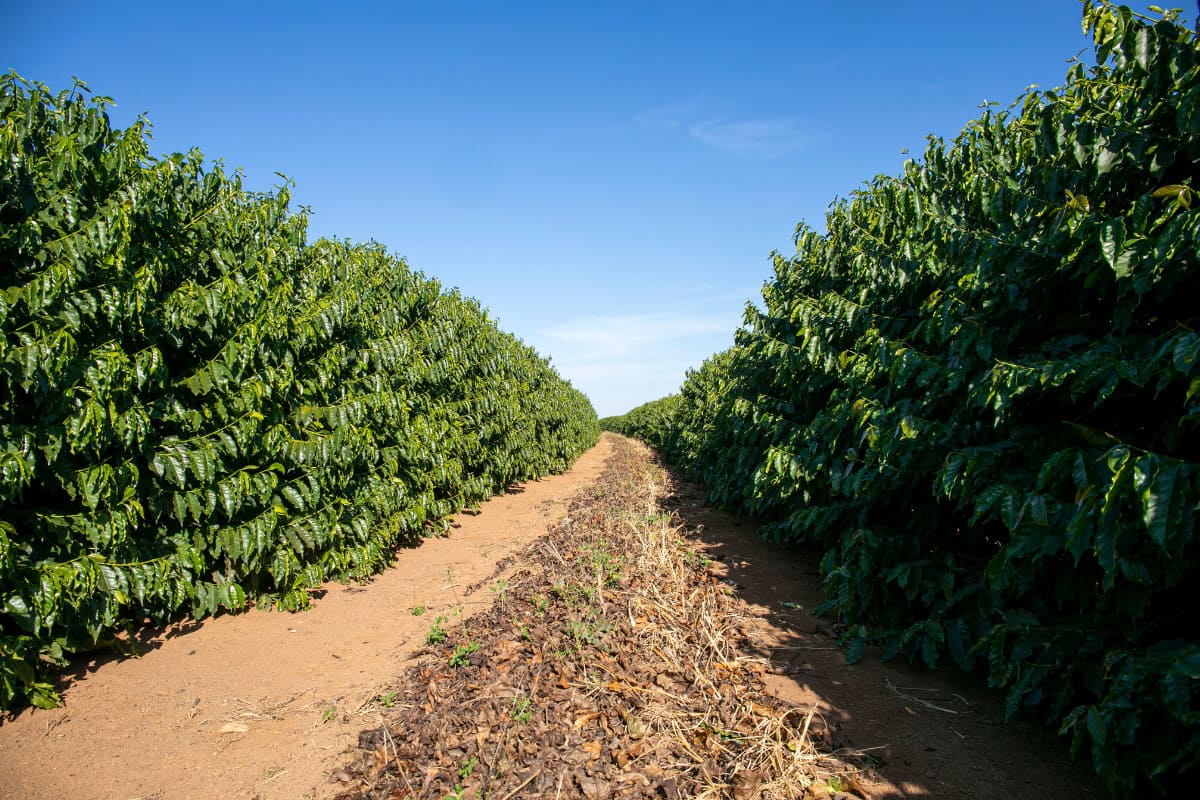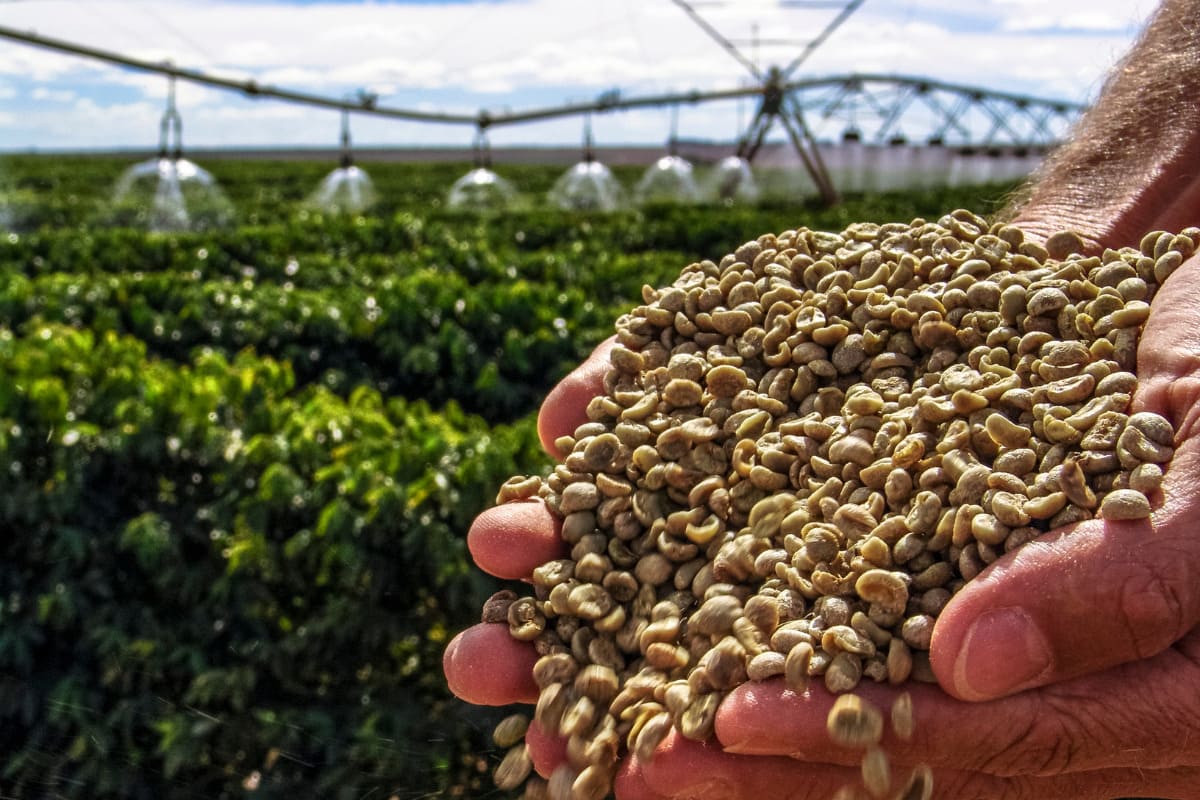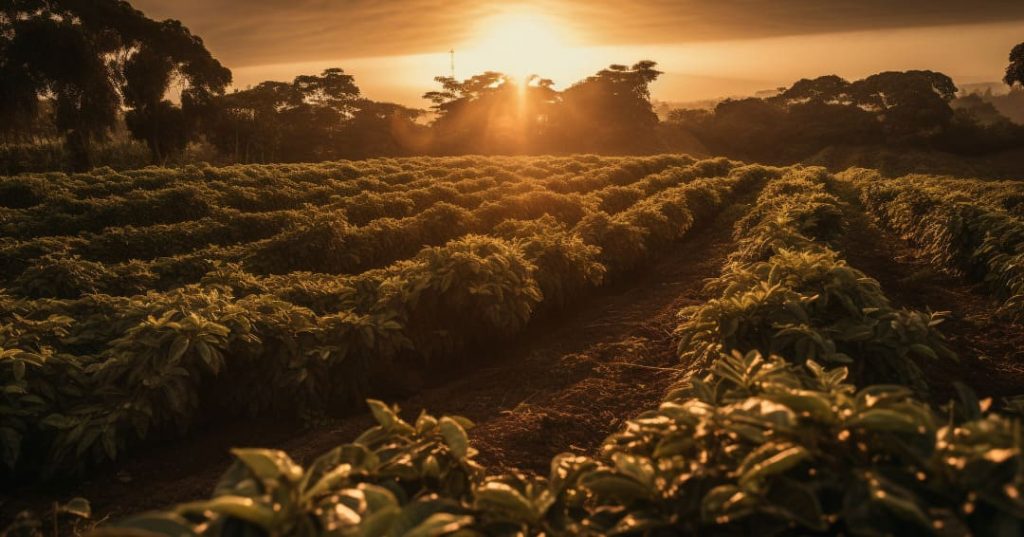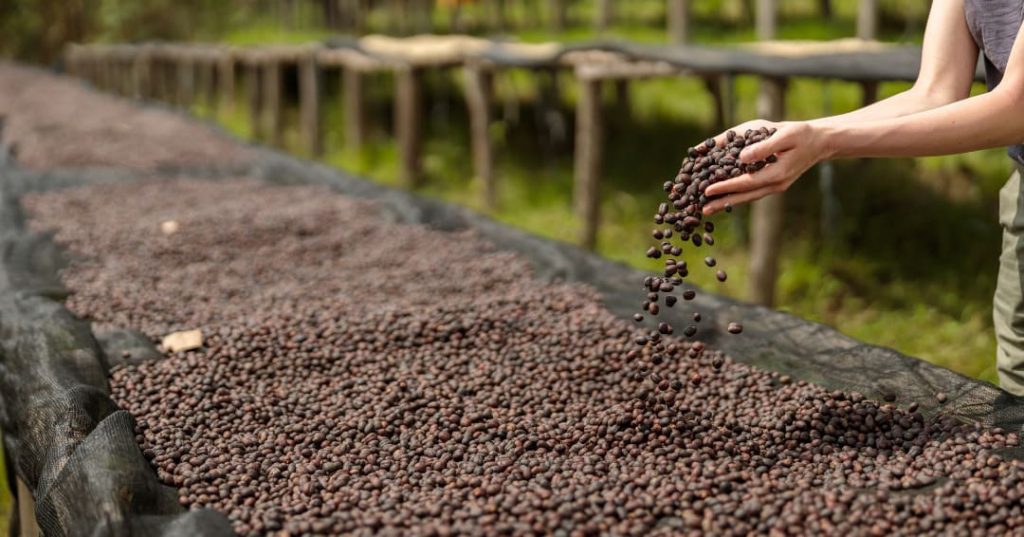The EUDR regulation continues to evolve and establishes new changes to the rules for coffee and cocoa trade in the European Union. All companies must demonstrate that their products are free of deforestation. From June 2023, the date on which this regulation was set, the aim is to regulate and put an end to the import of products that have contributed to this problem in the countries of origin.
If you want to know more about the updates to the EUDR regulation, what steps your company needs to take and how it can affect your performance, this article is for you!
Official information on EUDR regulations on a single website
In order to have a reliable and official guide to the EUDR regulation, the European Commission has organised all the information on how to work with deforestation-free products. In it, five blocks have been established that organise the most relevant information about this regulation:
- Traceability and geolocation: how companies must indicate the origin of their products. It is essential to ensure that products do not come from deforested areas. Therefore, it details from the parcels to the lots transported.
- Reporting system: the EUDR regulation establishes a system of electronic due diligence declarations that allows companies to record and validate the origin of each product.
- Cooperation and partnerships: the EU works with governments to facilitate the implementation of the EUDR and sustainable trade practices.
- Frequently asked questions: this brings together a collection of questions and answers on EUDR and explains complex issues.
- Background information: this section defines basic related concepts and timelines for EUDR compliance. For example, large companies must be compliant by 30 December 2024, while small companies must be compliant by 30 June 2025.
The EUDR regulation applies to any company that imports or exports a product on the market. In addition to the coffee and cocoa industry, it also applies to the soy, palm oil, rubber, timber and cattle sectors.
Practical guide to implementing the deforestation law in your company
More and more companies are operating in sectors that are affected by the EUDR. It is crucial to know how to adapt all the procedures and which ones are the most relevant. That’s why, at Coolx, we make it our business to help you understand and apply the requirements effectively for your industry. Here are some key points:
- What is an operator: under the EUDR, operators are responsible for complying with traceability requirements and ensuring the sourcing of products from a deforestation-free location.
- Complex supply chains: the law requires companies to know the entire supply chain process and to structure product documentation. This involves detailing records and ensuring that both the information and the work comply with the legislation of the country of origin throughout the process.
- Essential documentation: all companies must provide traceability certificates and geolocation reports, as required by EUDR.
In addition, the EUDR provides concrete case studies on how to apply it to different supply chains. Cases of importers of palm oil, paper, cocoa or timber are included along with the documents and elements needed to comply with the legislation.
New frequently asked questions on the EUDR regulation
The European Commission’s website contains essential information on the most common questions about the EUDR solution. A total of 130 questions have been answered and 48 new questions have been added. The most relevant updates include:
- Composite products: due diligence on multi-component products is mandatory for the main raw material. For example, if a chocolate bar includes mostly cocoa and palm oil, the EUDR states that due diligence should only be applied to cocoa.
- Over-declaration: in certain cases, operators may declare additional geodata to make the product compliant, especially when raw materials are mixed or stored in processing facilities.
- Frequency of declaration: EUDR regulations require each due diligence declaration to be updated annually or when new quantities of product are placed on the market.

Myths and facts about the new deforestation law
EUDR is indispensable in the fight against deforestation. For companies, recognising what EUDR is is an obligation, and if used correctly it is an opportunity to demonstrate their commitment to responsible practices. However, as the EUDR evolves and more information about EUDR has become available, myths about its implications have emerged. Coolx presents the most common ones so that your company knows how to deal with them:
- EUDR is too much paperwork: Although the regulation requires certain traceability documents, the European Commission has tools and guides to facilitate the process.
- EUDR is discriminatory: EUDR is based on the principle of non-discrimination. It applies equally to products manufactured inside and outside the EU and to anyone wishing to sell products on the EU market. It is also designed to be fully compatible with World Trade Organisation (WTO) rules so that it does not constitute unjustifiable discrimination against third country producers or a disguised barrier to trade.
- EUDR will raise prices: initial adjustments may involve changes in the supply chain, but will stabilise over the months.
- EUDR hurts SMEs: the EU has developed specific assistance for small and medium-sized enterprises, helping them to adapt without significant impact.
Ultimately, the EUDR is an important step in the fight against deforestation. By requiring traceability and transparency in supply chains, the regulation aims to ensure that products traded in the EU are sustainable and environmentally friendly. Coolx supports all companies to comply with the EUDR and we urge it to be a competitive advantage. Complying with these standards avoids penalties and reinforces your brand’s commitment to sustainability, which is highly valued by consumers.



